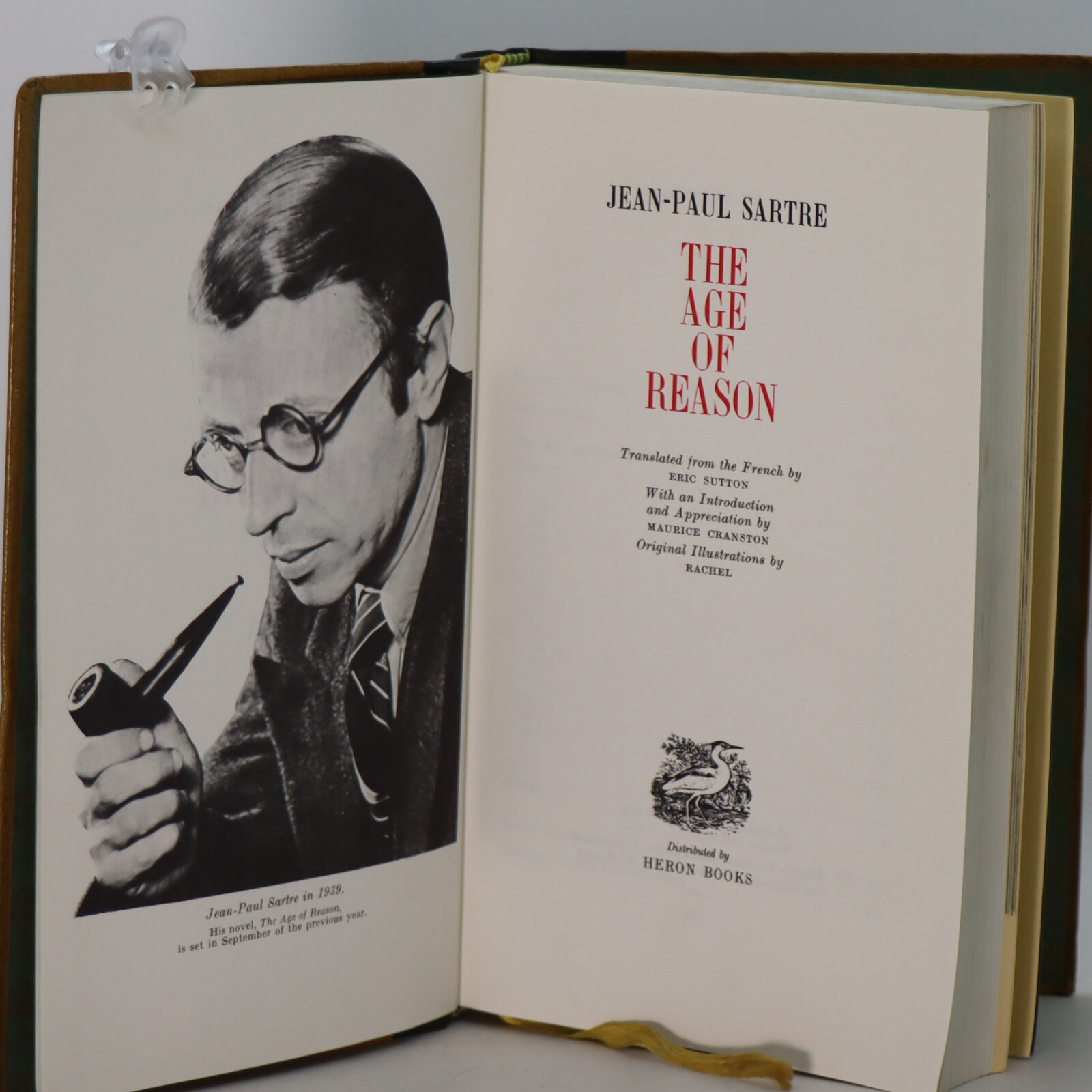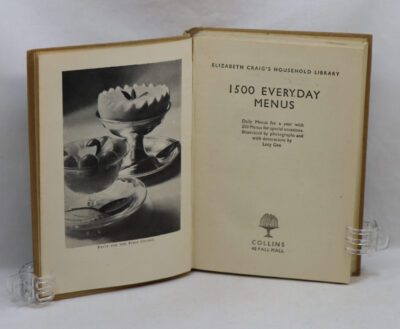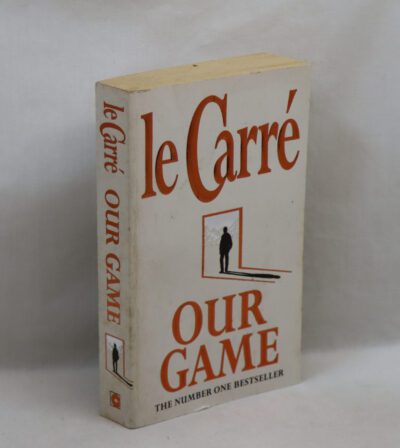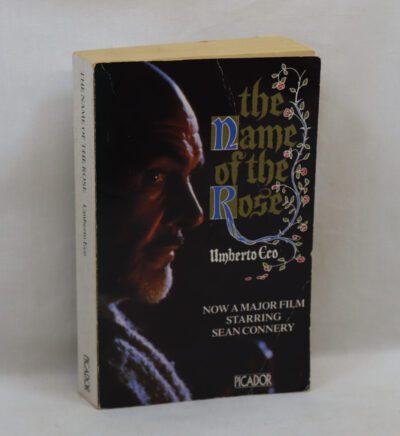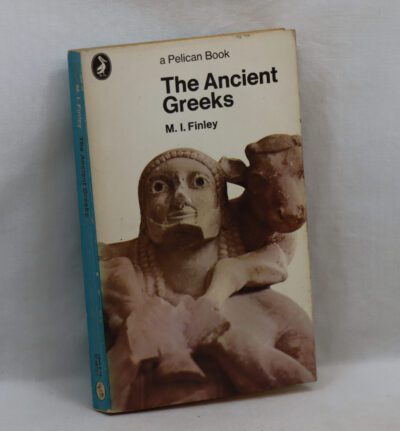The Age of Reason.
By Jean-Paul Sartre
Printed: Circa 1980
Publisher: Heron Books. London
| Dimensions | 13 × 21 × 3 cm |
|---|---|
| Language |
Language: English
Size (cminches): 13 x 21 x 3
Condition: Fine (See explanation of ratings)
Item information
Description
Green leatherette spine with gilt title and decoration. Sand leatherette boards with gilt decoration.
F.B.A. provides an in-depth photographic presentation of this item to stimulate your feeling and touch. More traditional book descriptions are immediately available.
A lovely unread well-kept edition by Heron Books is a 1945 novel by the philosopher Jean-Paul Sartre. It is the first part of the trilogy The Roads to Freedom. The novel, set in the bohemian Paris in 1938, focuses on three days in the life of philosophy teacher Mathieu who is seeking money to pay for an abortion for his girlfriend, Marcelle. Sartre analyses the motives of various characters and their actions and takes into account the perceptions of others to give the reader a comprehensive picture of the main character.
The Age of Reason is concerned with Sartre’s conception of freedom as the ultimate aim of human existence. The work seeks to illustrate the existentialist notion of ultimate freedom through presenting a detailed account of the characters’ psychologies as they are forced to make significant decisions in their lives. As the novel progresses, character narratives espouse Sartre’s view of what it means to be free and how one operates within the framework of society with this philosophy. The novel is a fictional reprise of some of the main themes in his major philosophical study Being and Nothingness (1943). One of the notions is that ultimately a person’s freedom is unassailable as it is fundamentally part of the nothingness that is the imagination and so cannot be taken away or destroyed.
Jean-Paul Charles Aymard Sartre 21 June 1905 – 15 April 1980) was one of the key figures in the philosophy of existentialism (and phenomenology), a French playwright, novelist, screenwriter, political activist, biographer, and literary critic, as well as a leading figure in 20th-century French philosophy and Marxism. His work has influenced sociology, critical theory, post-colonial theory, and literary studies, and continues to do so. He was awarded the 1964 Nobel Prize in Literature despite attempting to refuse it, saying that he always declined official honours and that “a writer should not allow himself to be turned into an institution.”
Sartre held an open relationship with prominent feminist and fellow existentialist philosopher Simone de Beauvoir. Together, Sartre and de Beauvoir challenged the cultural and social assumptions and expectations of their upbringings, which they considered bourgeois, in both lifestyles and thought. The conflict between oppressive, spiritually destructive conformity (mauvaise foi, literally, ‘bad faith’) and an “authentic” way of “being” became the dominant theme of Sartre’s early work, a theme embodied in his principal philosophical work Being and Nothingness (L’Être et le Néant, 1943). Sartre’s introduction to his philosophy is his work Existentialism Is a Humanism (L’existentialisme est un humanisme, 1946), originally presented as a lecture.
Want to know more about this item?
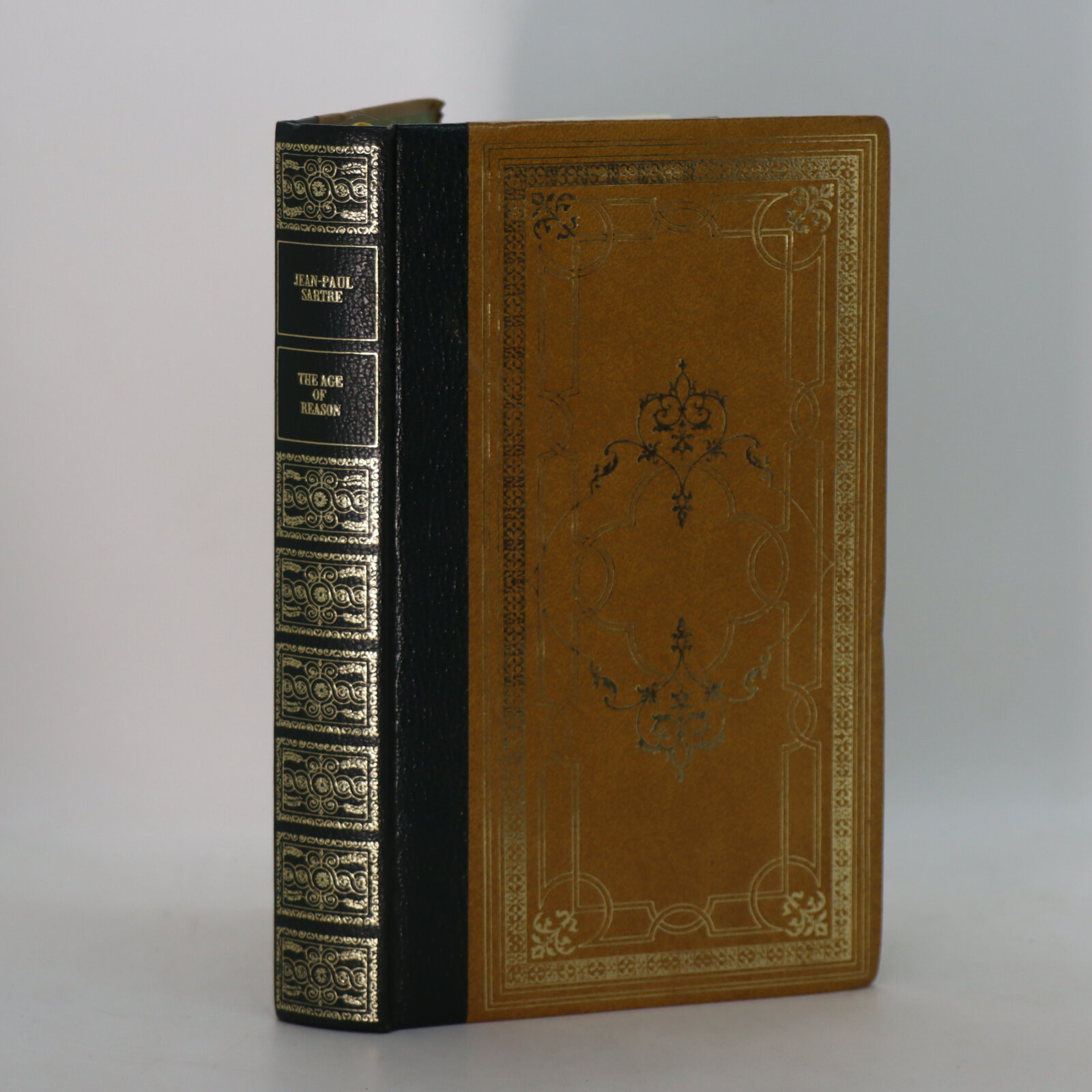
Related products
Share this Page with a friend

